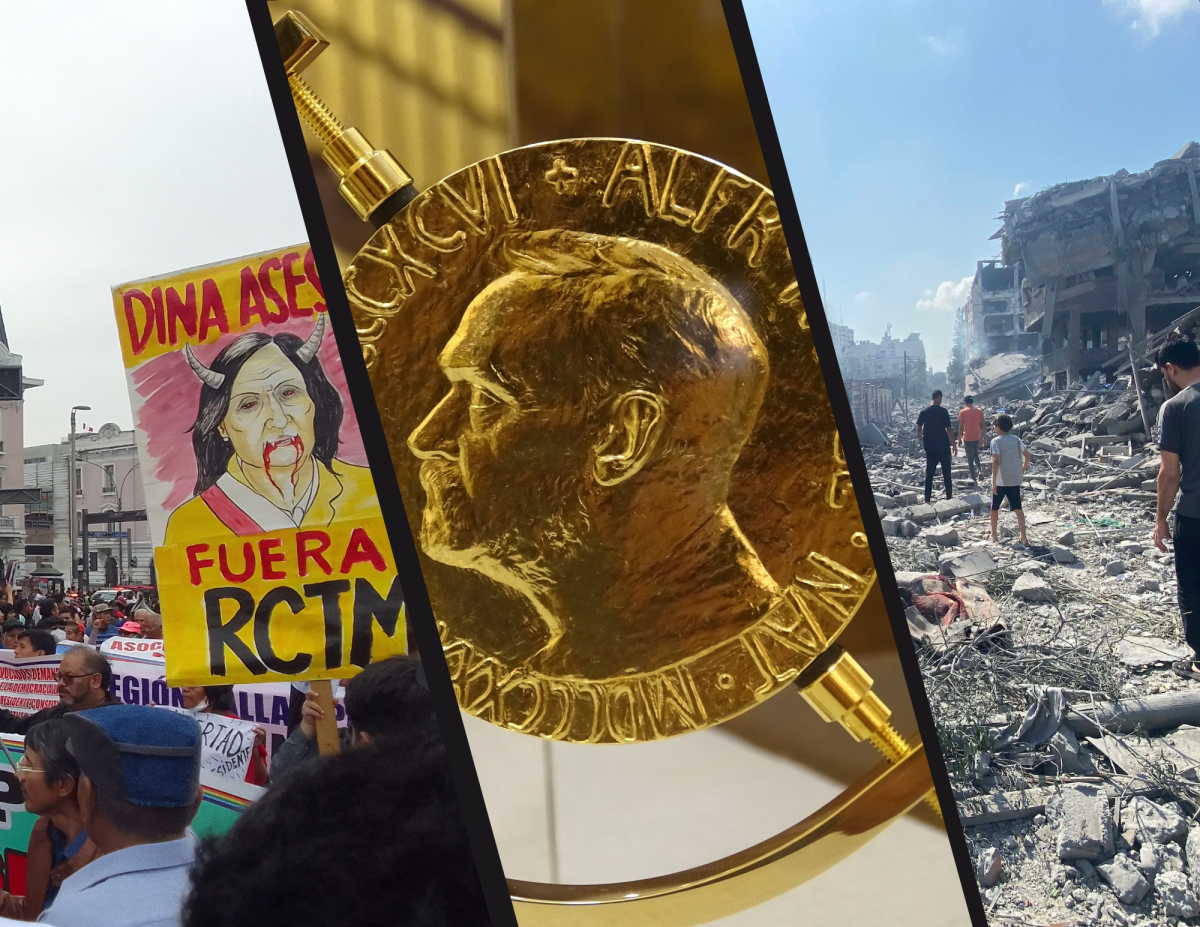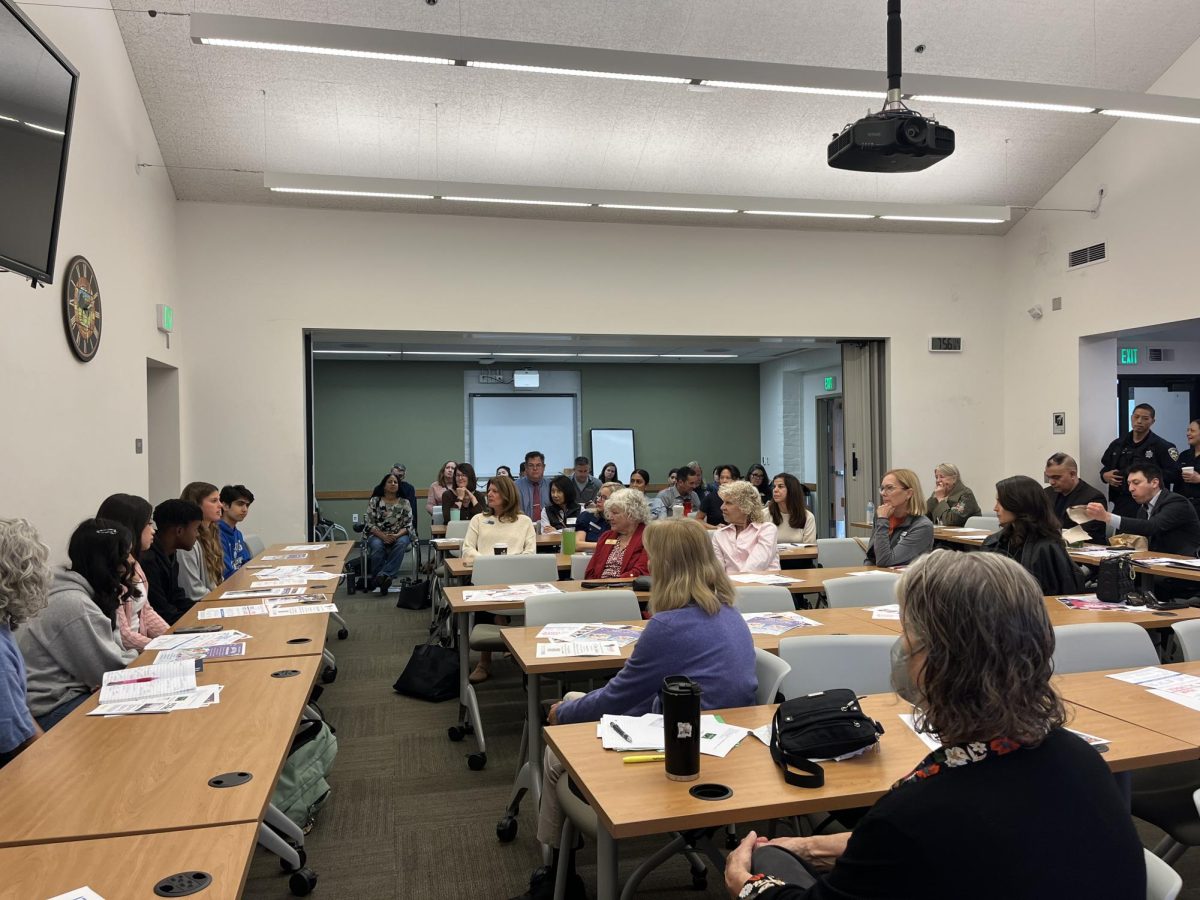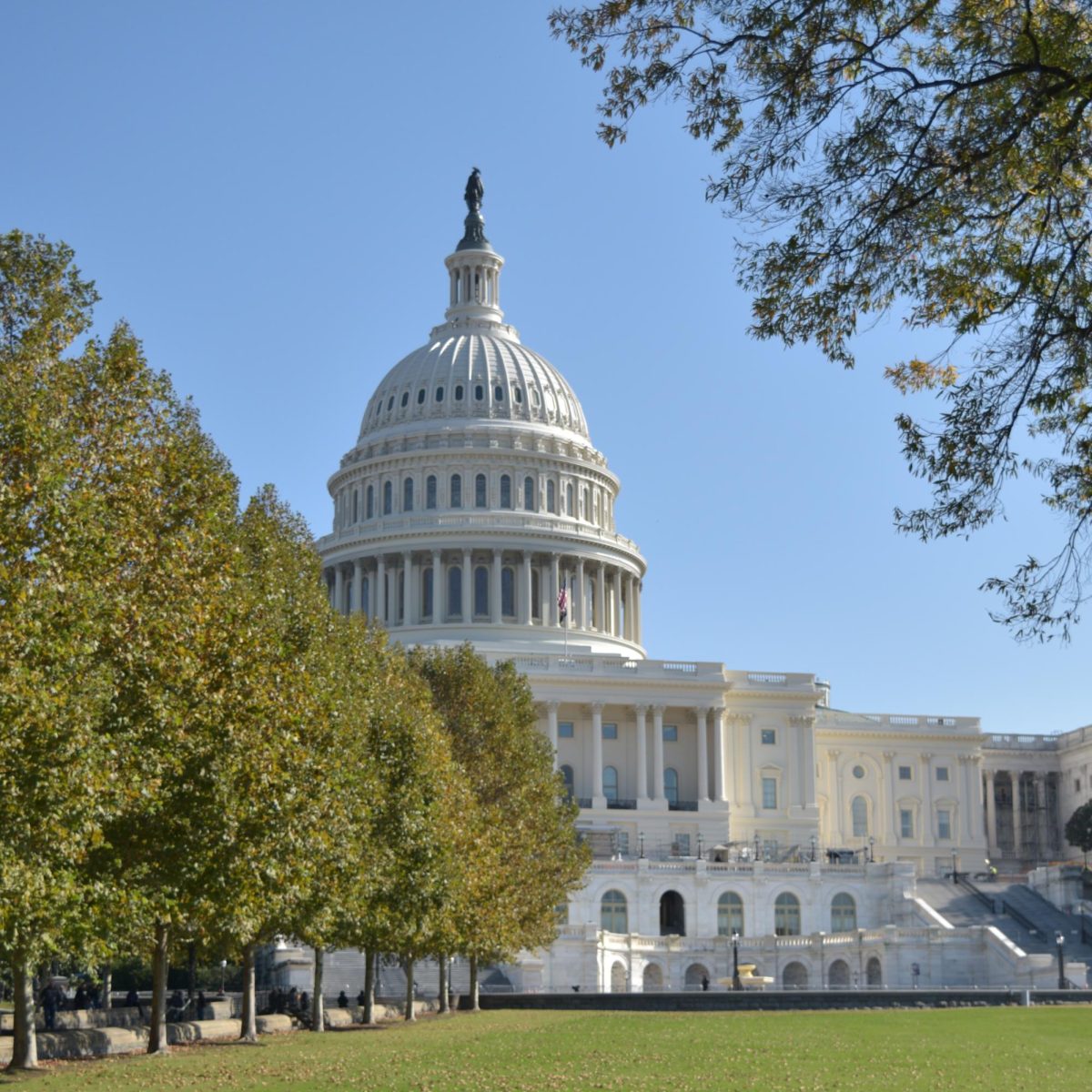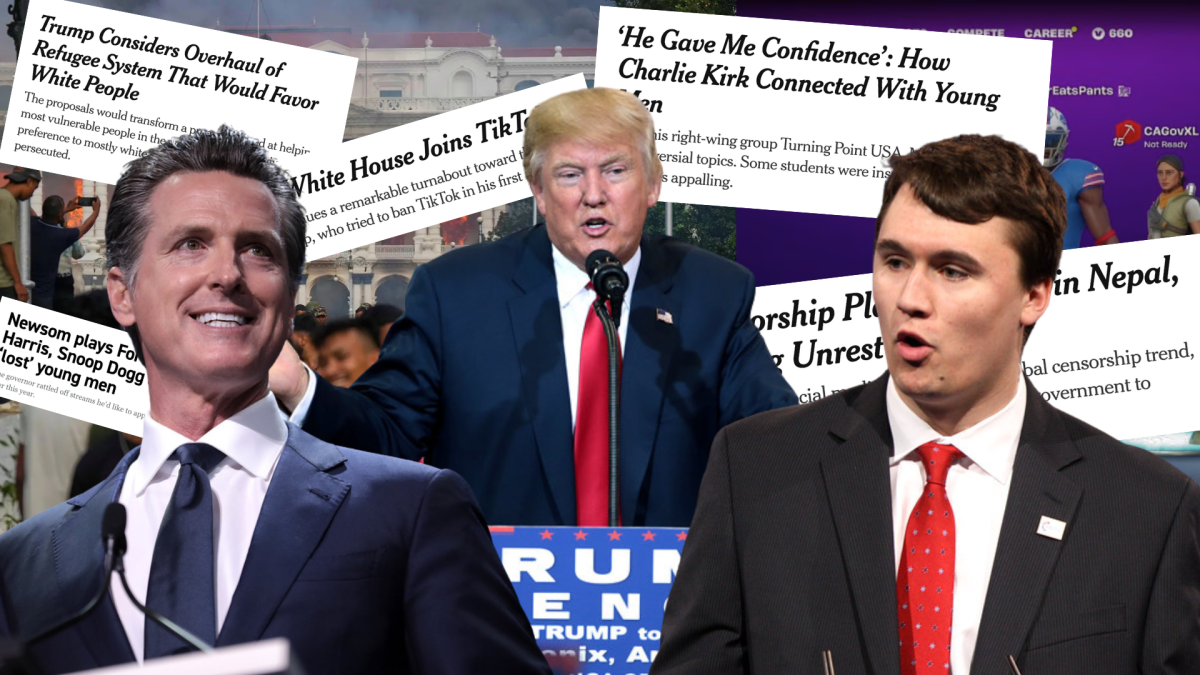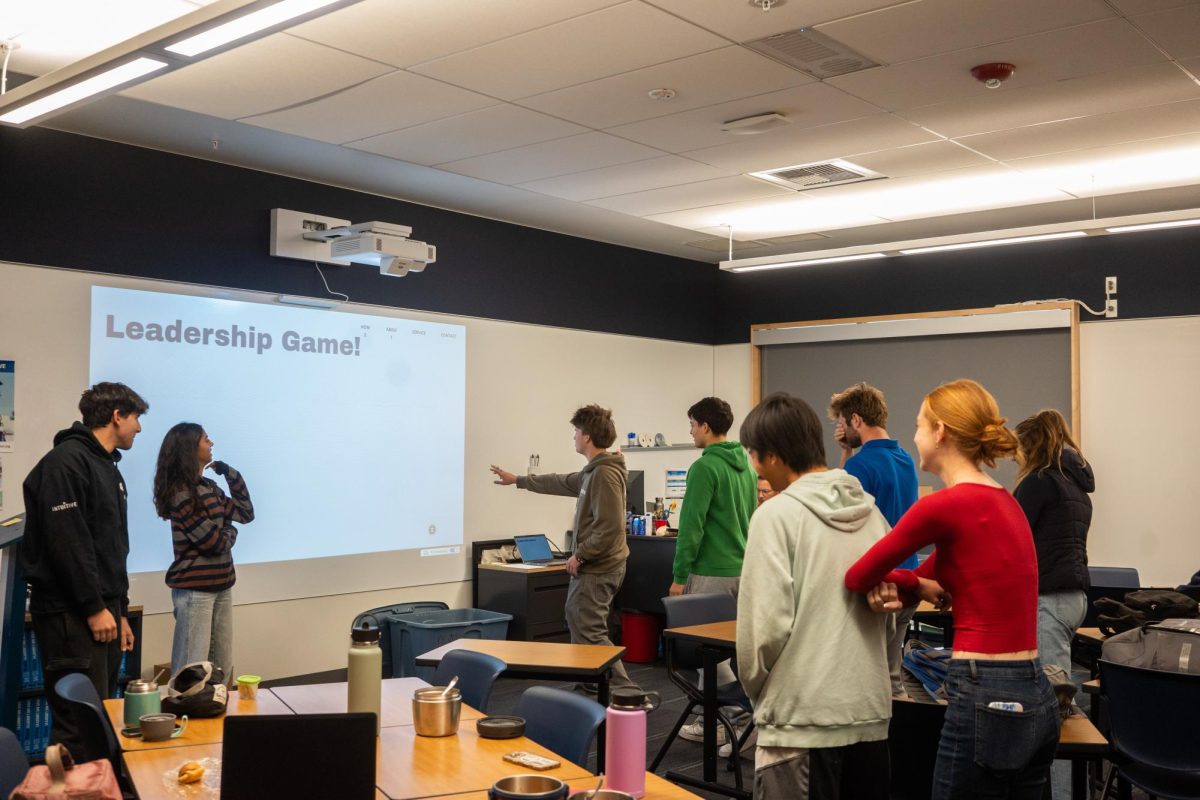Current progress in the Israel-Hamas cease-fire agreement
Israeli hostages in Gaza and Palestinian prisoners in Israel were released Oct. 13. This marked the first step of the U.S.-facilitated ceasefire deal effective Oct. 10, which many hoped would lead to the Israel-Hamas war’s permanent end. Still, disputes between the two sides and various unresolved issues highlight the fragility of the agreement.
According to the ceasefire deal, Hamas was to return all remaining bodies in Gaza to Israel immediately. However, the deal also acknowledged that the destruction in Gaza would likely hinder the recovery of the remains and outlined a process for extending the deadline and providing assistance. As of Oct. 26, Hamas has returned the bodies of 15 captives, with at least 13 remaining.
For every hostage body received by Israel from Hamas, 15 Palestinian bodies were to be returned to Gaza, also according to the deal. So far, Israel has sent back 195 bodies, many of which remain unidentified.
On Oct. 19, after accusing Hamas of firing on its soldiers and killing 2, Israel launched a wave of deadly attacks on Gaza and suspended humanitarian aid. Across the territory, 44 Palestinian deaths were reported. Despite ceasefire violations by both Israel and Hamas, the two sides remain committed to maintaining their agreement.
Only some of the points of President Donald Trump’s peace plan were addressed by the ceasefire deal, and complicated issues, such as whether Hamas will disarm and the future governance of Gaza, are yet to be resolved. Phase two talks will include the discussion of these issues, but the start dates are unclear.
Nobel Prize award winners
Peace – Marina Corina Machado
The Norwegian Nobel Committee honored Machado for defending democratic rights in Venezuela through campaigning for free voting and pressing for a transition to real elections. Despite political intimidation and legal pressure, she managed to keep her movement non-violent. The award also drew global attention to Venezuela’s path towards a peaceful transition of power.
Physics – John Clarke, Michel H. Devoret, John M. Martinis
For the discovery of macroscopic quantum tunneling and energy quantization in an electric circuit.
Chemistry – Susumu Kitagawa, Richard Robson, Omar M. Yaghi
For the development of metal-organic frameworks.
Physiology or Medicine – Mary E. Brunkow, Frederick J. Ramsdell, Shimon Sakaguchi
For discoveries concerning regulatory T cells and immune tolerance.
Literature – László Krasznahorkai
For a visionary body of work that affirms the power of art amid upheaval.
Economic Sciences – Joel Mokyr, Philippe Aghion, Peter Howitt
For explaining innovation-driven growth and creative destruction.
Peruvian President ousted from office amid surge in crime
Peru’s first female president, Dina Boluarte, was impeached by Congress in a unanimous vote Oct. 10. Her removal was prompted by growing resentment towards her failure to decrease crime, intensified by a recent concert shooting.
The congressional effort to oust Boluarte from office was supported by both of Peru’s opposing parties. The debate moved quickly and legislators declared the office vacant for “permanent moral incapacity.”
Congressional leader Jose Jeri was sworn in as interim president and pledged to make security the top priority. He named a new cabinet, announced operations against extortion networks and said that the government would coordinate closely with local authorities.
Despite new leadership, the protests did not end immediately. Marches spread in Lima and other cities, reflecting mistrust after years of rapid turnover. Authorities announced security operations, and stated elections are planned for April 2026 with a transfer of power by July 2026.
This article was accurate as of Sunday, Oct. 26.



